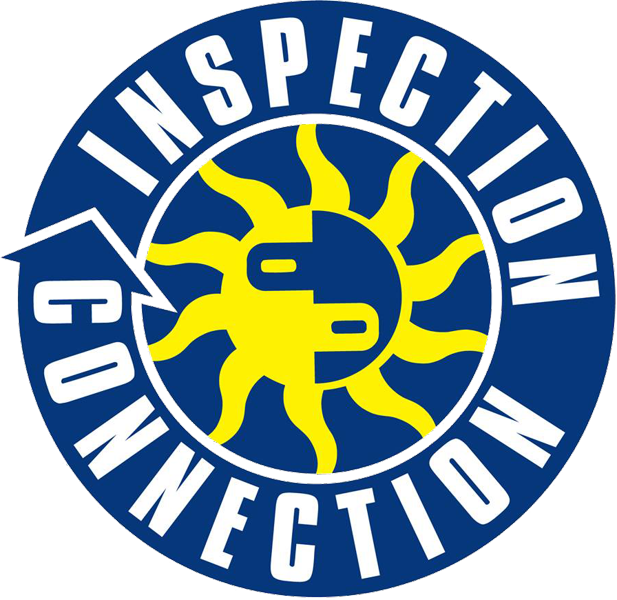Servicing Ames & Des Moines, IA 50010
(515) 520-2939
matthew@iciowa.com
Mold & Radon Testing
Who Offers Mold and Radon Testing in Des Moines, IA?
TURN TO INSPECTION CONNECTION IOWA FOR A MOLD OR RADON TEST
Radon and mold are silent and potentially dangerous intruders common in homes all over the Des Moines, Iowa area. Inspection Connection Iowa offers radon and mold testing to confront these issues before they can affect your health. We are licensed in the state of Iowa for Radon testing. We’ll take air samples and send them to a lab to identify the kind of mold that’s present in your home.
3 SIGNS THAT THERE MAY BE MOLD IN YOUR HOME
Mold is a common household threat that can hide in plain sight, between the fibers of your carpets or in your ventilation system. If you’re concerned about mold in your home, look out for these signs:
- A pungent, dusty odor in your home
- Roof or plumbing leaks
- You start to experience allergy-like symptoms
Consult with Inspection Connection Iowa about your mold- and radon-related concerns.
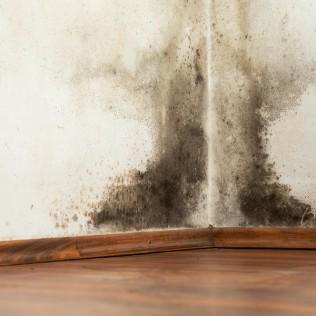
ERMI Testing | Environmental Relative Moldiness Index Testing
The ERMI test involves the analysis of a single sample of dust from a home. The sample is analyzed using mold-specific quantitative polymerase chain reaction (MSQPCR), a highly specific DNA-based method for quantifying mold species. A simple algorithm is used to calculate a ratio of water damage-related species to common indoor molds and the resulting score is called the Environmental Relative Moldiness Index or ERMI. The ERMI value is typically between -10 and 20.
Source: EMLab P&K. A TestAmerica Company
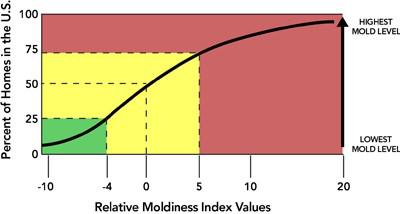
InterNACHI Certified Radon Testing in Ames & Des Moines, IA
Inspection Connection test for radon in Ames, Des Moines, and the surrounding areas. Radon is an odorless and tasteless radioactive gas that is the leading cause of lunch cancer in non-smokers. This gas is extremely dangerous and is very common to find in homes in Iowa. Radon leaves the ground and can seep into your home through cracks and holes in the foundation. Once the gas is in the home, it becomes trapped in the home causing it to build up to dangerous levels. This dangerous gas is easily tested and mitigated. A radon mitigation system is quick and affordable to install, uses little energy, and is extremely effective in removing radon from the home.
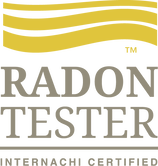
Frequently Asked Questions About Radon
My home was built on a slab. Could I still have radon?
Yes, homes built on a slab can still have radon. Whether the home is old, new, insulated or not and regardless of construction materials it can have radon. All homes, regardless of type of construction, should be tested for radon once per year per the EPA.
Yes, homes built on a slab can still have radon. Whether the home is old, new, insulated or not and regardless of construction materials it can have radon. All homes, regardless of type of construction, should be tested for radon once per year per the EPA.
My home is built over a crawl space. Do I need to have it tested for radon?
Yes, all homes need to be tested for radon. Radon can still enter the home through floor penetrations and the HVAC system and accumulate to elevated levels in the home.
Yes, all homes need to be tested for radon. Radon can still enter the home through floor penetrations and the HVAC system and accumulate to elevated levels in the home.
Which homes are more likely to have higher radon levels, new homes or old homes?
All homes regardless of new or old, single or multi-story, slab or with a basement can have radon.
All homes regardless of new or old, single or multi-story, slab or with a basement can have radon.
The home we bought has a radon mitigation system in it. Do I need to still test my home for radon levels?
Yes, even if a home has a radon mitigation system in it, you need to test your home for radon as the EPA suggests. Regular testing will ensure that the radon mitigation system is working effectively.
Does it matter what time of year I test my home for radon?
No, testing can be done at any time of the year. Testing does require the home to have all of its windows and doors kept closed during the test, but central heating and air conditioning can operate. If the windows and doors cannot be kept closed during the test, it would be best to wait until the conditions allow for it.
How can radon affect my health?
The only known health risk associated with exposure to high levels of radon in indoor air is an increased lifetime risk of developing lung cancer. The risk from radon exposure is long term and depends on the level of radon, how long a person is exposed and their smoking habits. Smokers that are exposed to elevated levels of radon have risk of developing lung cancer increases.
How much will it cost to mitigate my house?
The cost of reducing radon in your house depends on how your home was built and the extent of the radon problem.
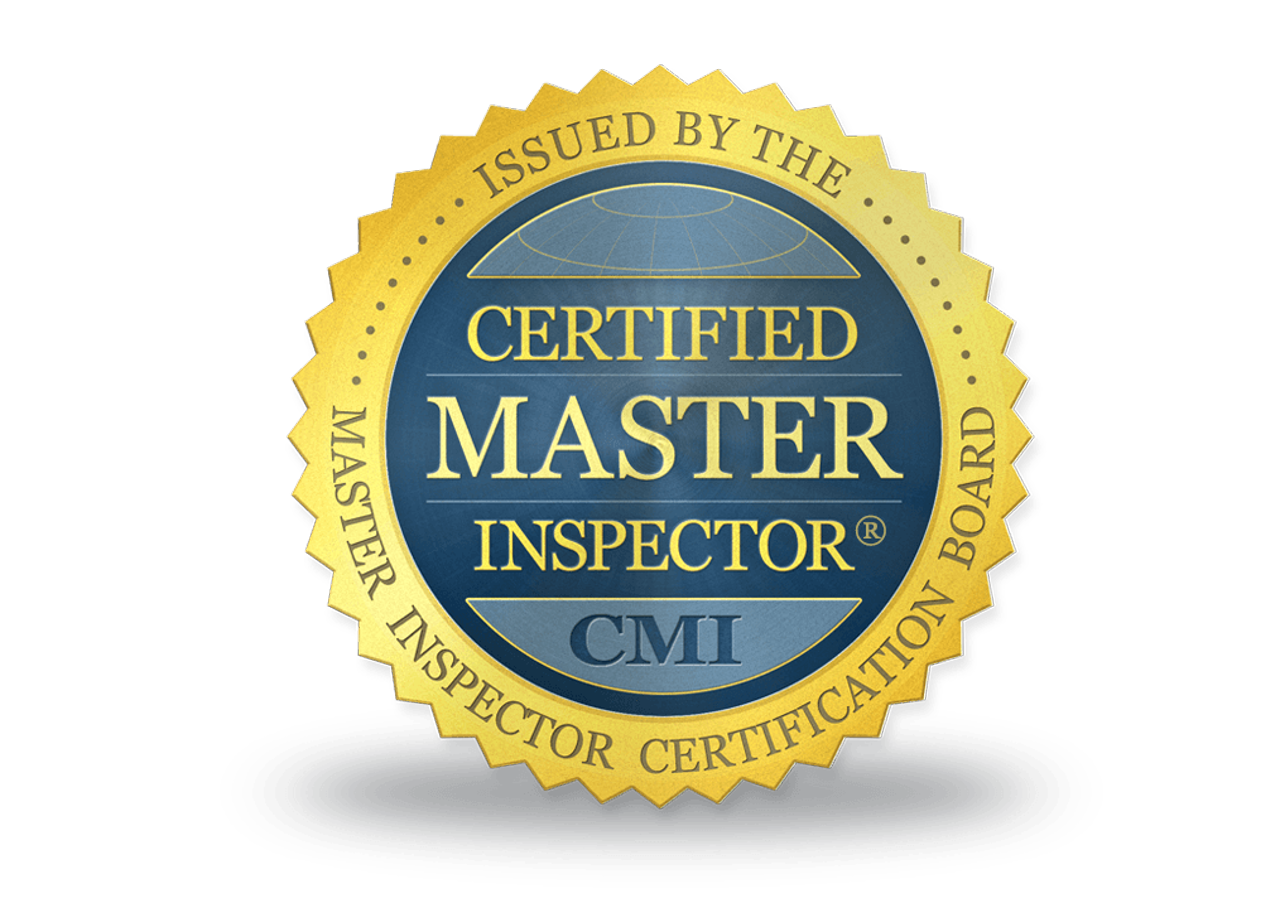
Hours
Sunday
Closed
Monday
8:00 AM - 10:00 PM
Tuesday
8:00 AM - 10:00 PM
Wednesday
8:00 AM - 10:00 PM
Thursday
8:00 AM - 10:00 PM
Friday
8:00 AM - 10:00 PM
Saturday
8:00 AM - 10:00 PM
